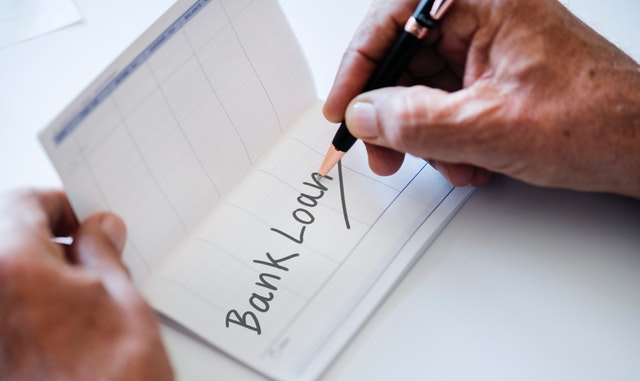Buying A Second Home And How To Pay For It
 How does an average homeowner become a real estate investor? Certainly, owning a home is an investment in real estate. However, this guide discusses the next step for many to become a real estate investor. This is to buy another property and use it for a commercial purpose. Owning another home is less of a burden when an investor finds a way to make the home pay for itself.
How does an average homeowner become a real estate investor? Certainly, owning a home is an investment in real estate. However, this guide discusses the next step for many to become a real estate investor. This is to buy another property and use it for a commercial purpose. Owning another home is less of a burden when an investor finds a way to make the home pay for itself.
Here are some tips on how to help a property generate cash flow:
Renting Out A Home
Renting the home to others may be an effective way to pay for it. To do this well, a real estate investor looks for a home with special characteristics. The home is for sale at a low enough price and can be financed well enough so that the cash flow coming in for the rent will be equal or more to the expenses of owning and managing the property. It is terrific if the property makes a positive cash flow each month, even if only a small amount.
If a property has a $50 per month positive cash flow, then that small amount builds up over time. Adding more properties with positive cash flow increases the investment portfolio value quicker.
Home Office
Using all or part of a home as an office creates special tax deductions for the expenses that cover the portion of the property used for business. Even if a homeowner does not have enough money to buy another home, starting a small business by using a home office may help create the money for the investment needed as a down payment on the second home.
Renting A Home Out As A Vacation Rental
Many like to rent homes in nice areas for vacation purposes. The home can rent out as a full home or as individual rooms in the home. Airbnb is a useful web-based service that can bring rental customers for those interested in doing this.
Bed & Breakfast
Another way to make money by owning a property is to turn it into a commercial enterprise as a bed & breakfast. Depending on the location, and the number of tourists attracted to a particular area, a bed & breakfast business can be profitable.
Tax Implications
Even if owning a second home does not make positive cash flow, it can still be financially beneficial when it reduces the tax burden. Work with an accountant and/or investigate the tax implications of owning the property. It may be possible to take deductions such as for property expenses and non-cash deductions such as depreciation, which when combined with other income, reduces the overall tax liability.
If owning a second home reduces the taxes to be paid, this is a financial benefit that offsets any negative cash flow. Tax savings is money in the pocket, so this counts as part of the positive cash flow that comes from owning a property.
Summary
These are just a few ideas to consider that may help pay for a second home and make it easier to become a real estate investor.
When you are considering the purchase of a new property, be sure to partner with a trusted mortgage professional.

 What happens when you suddenly get a notice to pay your mortgage to a company you may have never heard of? How do you determine if this is a legitimate request or a scam?
What happens when you suddenly get a notice to pay your mortgage to a company you may have never heard of? How do you determine if this is a legitimate request or a scam? Real estate agents, who are successful, know that getting listings is the life energy of their business. It is boring to sit around waiting for a new client to call. It is expensive to spend extraordinary amounts of money on general advertising to get listings. Clever real estate people learn how to find properties for sale before they are listed.
Real estate agents, who are successful, know that getting listings is the life energy of their business. It is boring to sit around waiting for a new client to call. It is expensive to spend extraordinary amounts of money on general advertising to get listings. Clever real estate people learn how to find properties for sale before they are listed.